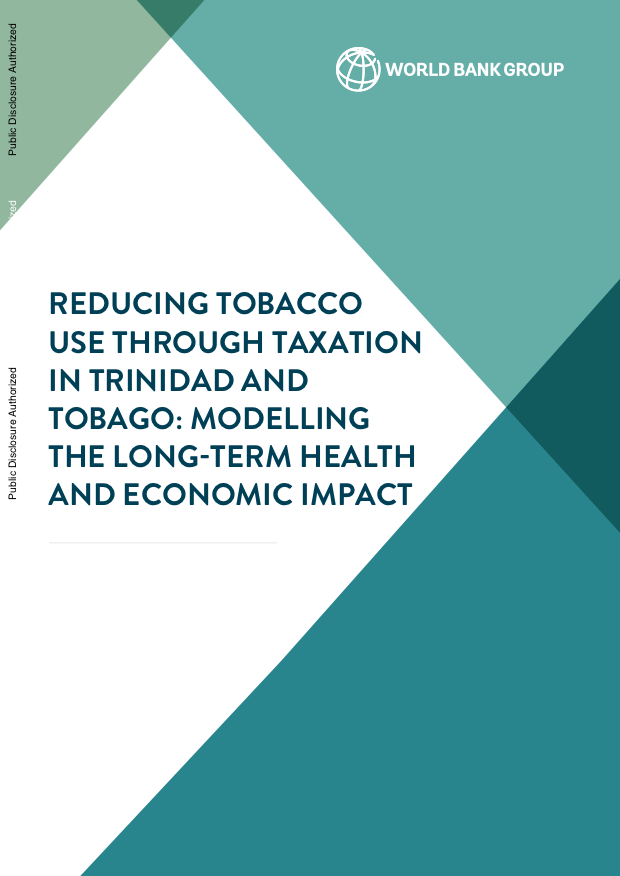
Reducing Tobacco Use Through Taxation in Trinidad and Tobago : Modelling the Long Term Health and Economic Impact
In this World Bank report, our microsimulation model predicted the health and economic impacts of increasing tobacco tax in Trinidad and Tobago. Tobacco is a major contributor to the rise in Non-Communicable Diseases (NCDs) and is often linked to the increase in cardiovascular and respiratory diseases and various forms of cancer. This study quantifies the impact of increasing tobacco tax in Trinidad and Tobago on the future burden of smoking-related diseases.
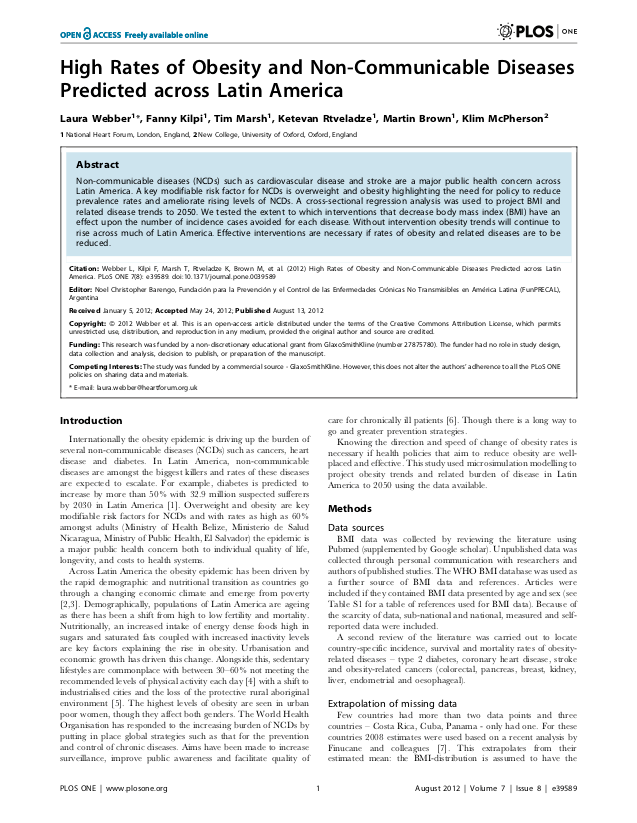
High Rates of Obesity and Non-Communicable Diseases Predicted across Latin America
Non-communicable diseases (NCDs) such as cardiovascular disease and stroke are a major public health concern across Latin America. We used our microsimulation model to project BMI and related disease trends to 2050. We tested the extent to which interventions that decrease body mass index (BMI) have an effect upon the number of incidence cases avoided for each disease. Without intervention obesity trends will continue to rise across much of Latin America.
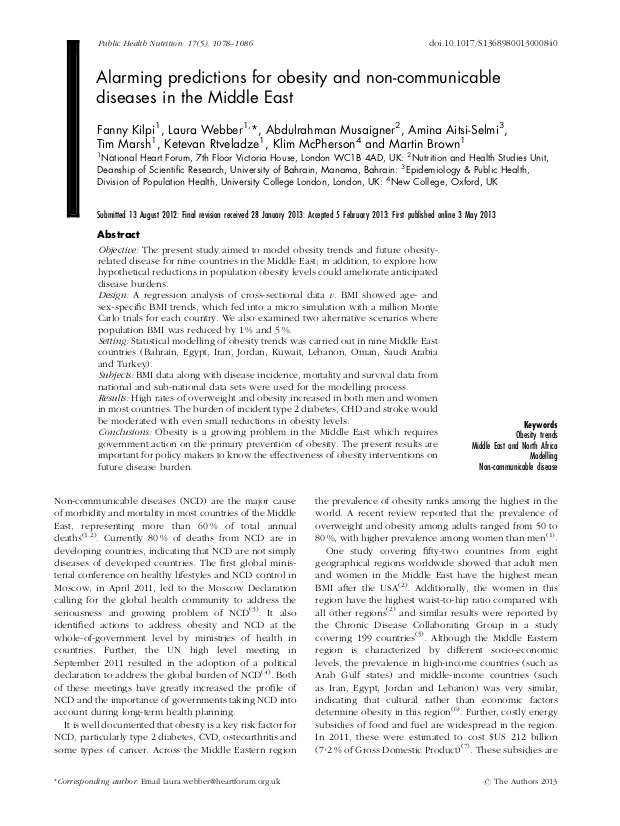
Alarming predictions for obesity and non-communicable diseases in the Middle East
This study used our microsimulation model to project obesity trends and future obesity-related disease for nine countries in the Middle East. We found that high rates of overweight and obesity increased in both men and women in most countries. Obesity is a growing problem in the Middle East which requires government action on the primary prevention of obesity.
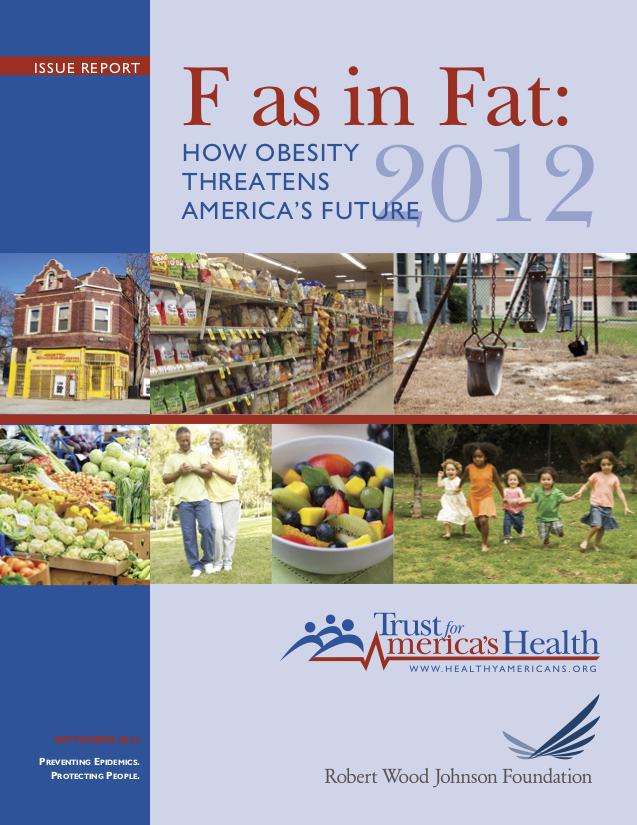
F as in Fat: How obesity threatens America’s future
In this report we modelled the long-term health impacts of obesity in each US state. The results were used as part of an annual report produced by Trust for America’s Health and sponsored by Robert Woods Johnson Foundation.
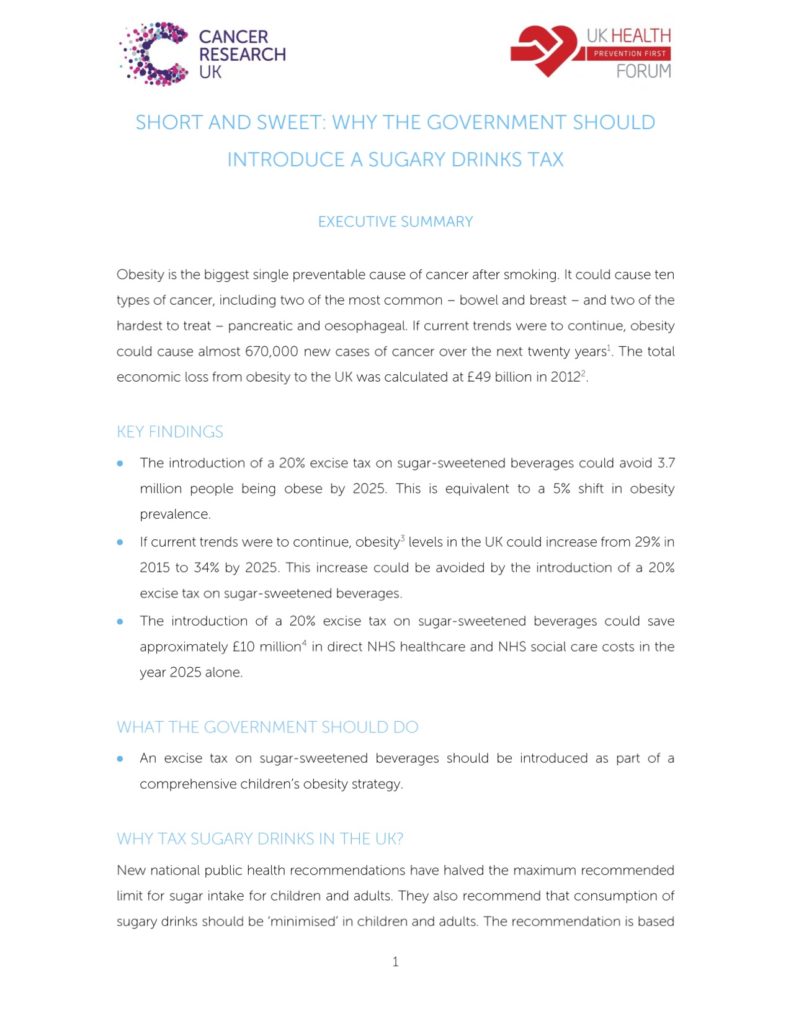
Tipping the scales: How would a 20% sugar tax change the UK’s obesity rates?
In 2016, we helped Cancer Research UK show that a 20% sugar-sweetened beverage tax could stop 3.7 million people from becoming obese by 2025. That’s a 5% decrease in national obesity levels. It would save about £10 million in direct NHS healthcare costs in the year 2025 alone.
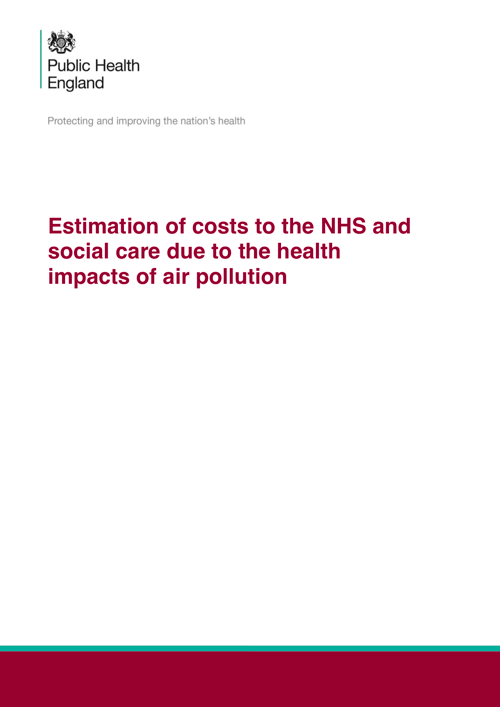
How much will tackling local air pollution save the NHS?
In 2018, we worked with Public Health England, Imperial College School of Public Health and Imperial College Business School. Together, we created a new tool that helps local authorities estimate how much they could save the NHS by taking action on air pollution.
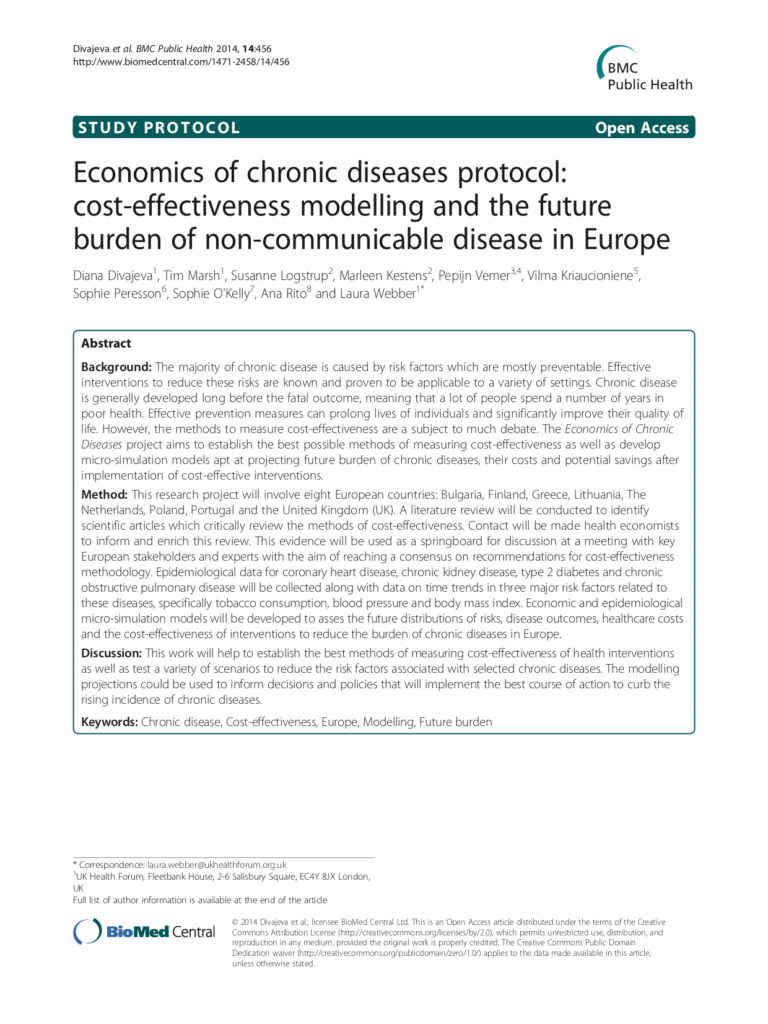
How can European states choose the most cost-effective public health policies?
The European Commission asked us to look at the long-term economic impact of different chronic disease prevention, screening, and treatment interventions in eight European countries. That led to a Europe-wide consensus on how to measure the cost-effectiveness of different types of interventions. We also created a user-friendly downloadable tool that lets users compare their impact on a like-for-like basis
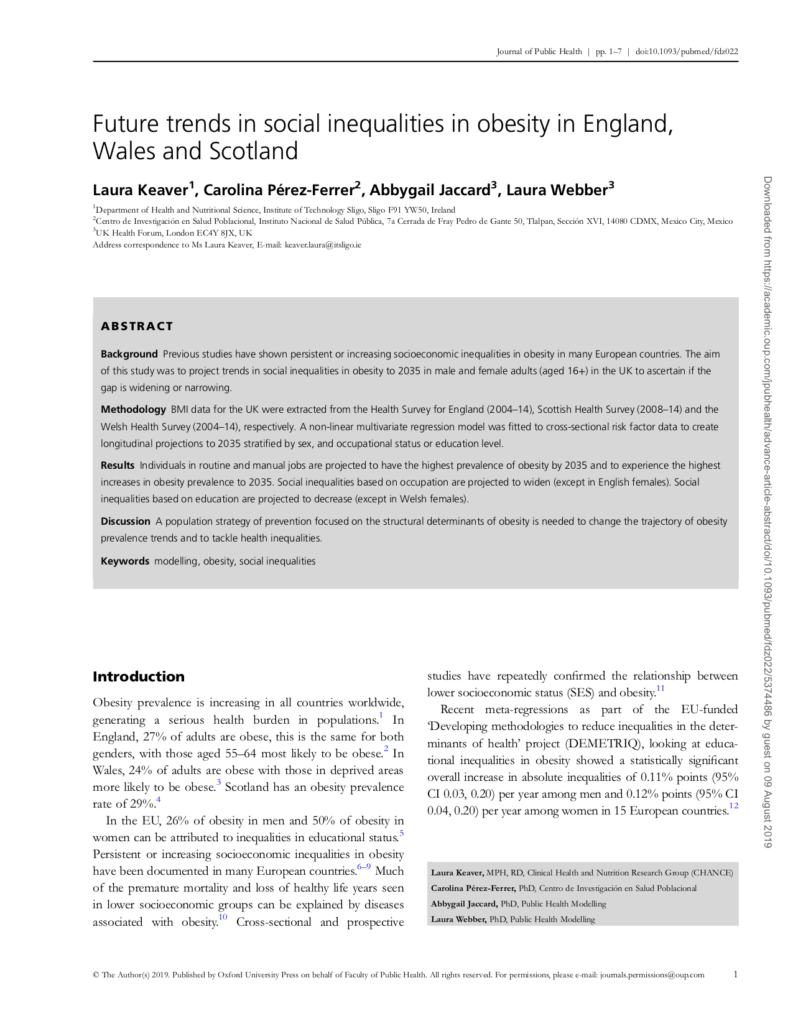
How will the types of jobs UK adults do affect whether or not they’re obese?
We looked forward to 2035 to see what kind of impact social inequality will have on obesity. We found that by then, UK people aged 16 and older working in routine or manual jobs will have the highest levels of, and greatest increases in, obesity.
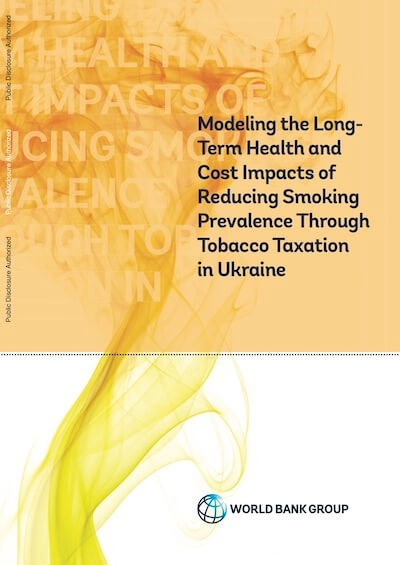
How many lives could a tobacco tax save in the Ukraine?
The World Bank asked us to look at a specific tobacco tax increase in the Ukraine, modelling its impact between now and 2035. We showed that it would prevent 29,172 premature deaths and 126,730 new cases of smoking-related disease. These findings, supported by evidence from the WHO Taxsim model, helped the Ukrainian government decide to enact the tax increase.
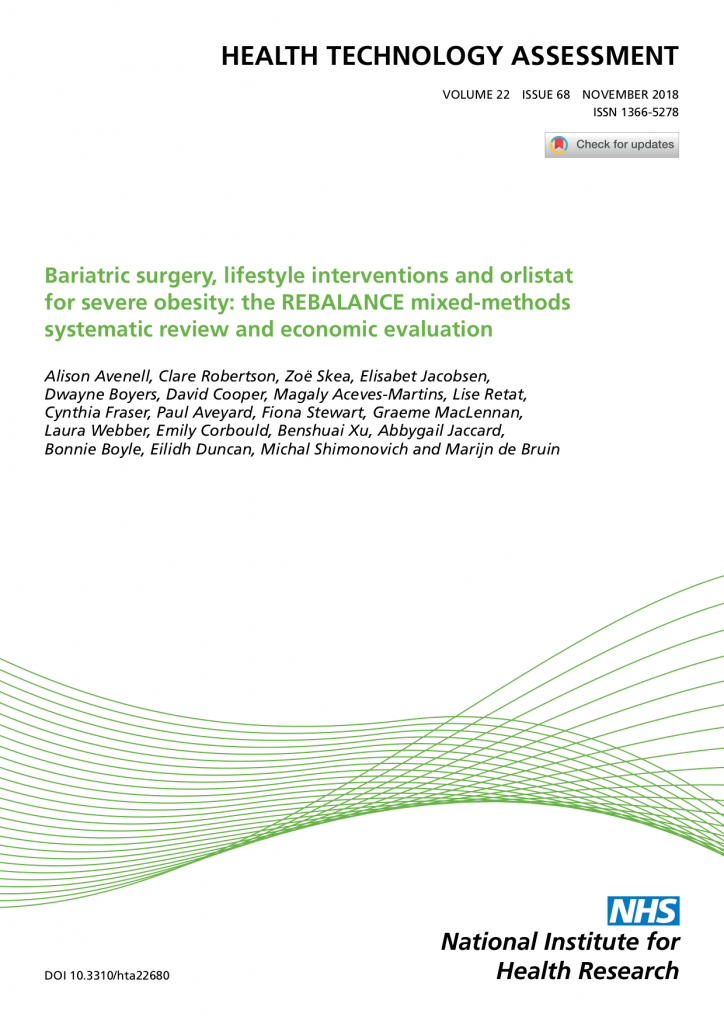
How can the NHS best help severely obese adults manage their weight?
Our REBALANCE project, a collaboration with the University of Oxford, analysed the impact of different weight management programmes on severely obese over-18 year olds. That helped the NHS assess and understand the long-term cost-effectiveness of these programs, then choose which one to go ahead with.